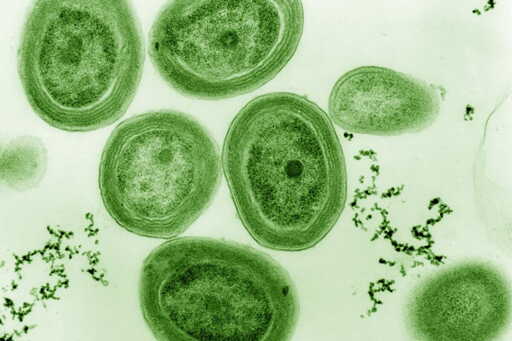The IUCN, the global wildlife conservation authority, has established a new expert group that will help shape conservation priorities for a previously overlooked but vital group of organisms: microbes. In a recent commentary, the Microbial Conservation Specialist Group (MCSG), formed in July, announced that it will look at the status and threats to various beneficial microbes, including bacteria, fungi and viruses, that are critical for the health of humans and ecosystems. The IUCN’s various expert groups have to date focused largely on visible animals and plants. They include the Shark Specialist Group, Pangolin Specialist Group and Orchid Specialist Group. Some fungal expert groups have been created to focus on specific fungal habitats, countries or types of fungus. However, microorganisms are generally missing from global conservation efforts, the researchers write, despite their importance to the stability of ecosystems, human health and food security. “It’s been easy to overlook microbes because they are invisible,” Jack A. Gilbert, commentary co-author and MCSG co-lead from the University of California, San Diego, U.S., said in a statement. “Having IUCN elevate microbes in this way will ensure that critical microbes are assessed and protected from extinction.” The MCSG, the researchers write, will work toward several goals in the coming years, including building a global network to advise on conservation priorities while “compiling and visualizing global data on microbial ecosystems that are currently threatened by habitat destruction and anthropogenic activity.” The group will also develop a microorganism-specific Red List criteria to classify microbes at high risk of…This article was originally published on Mongabay
From Conservation news via this RSS feed


